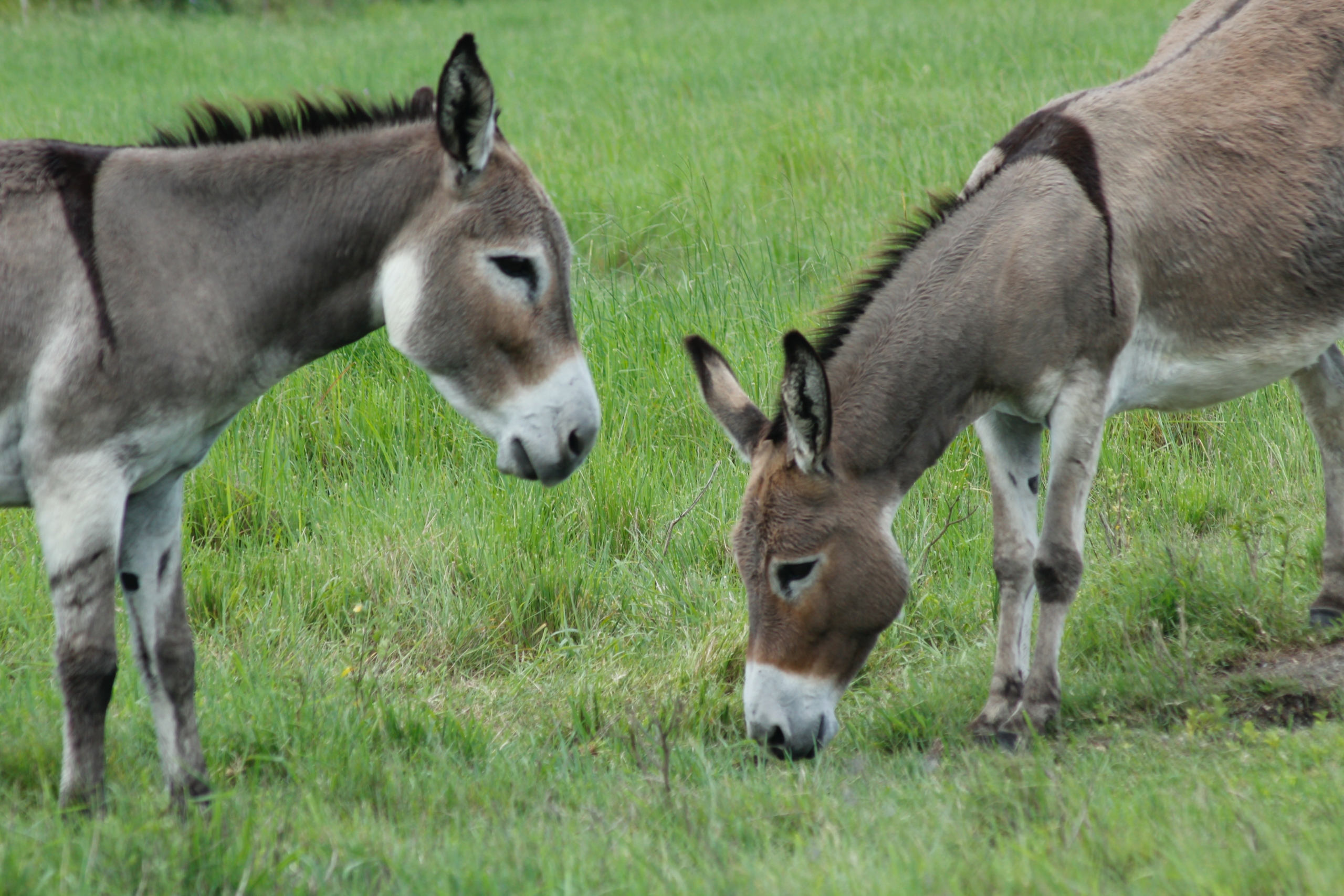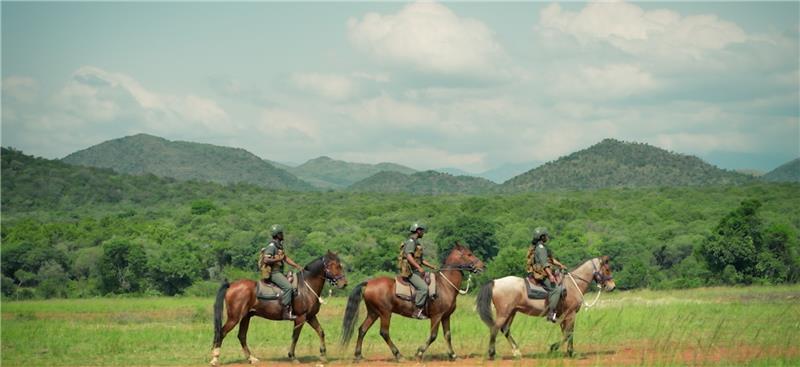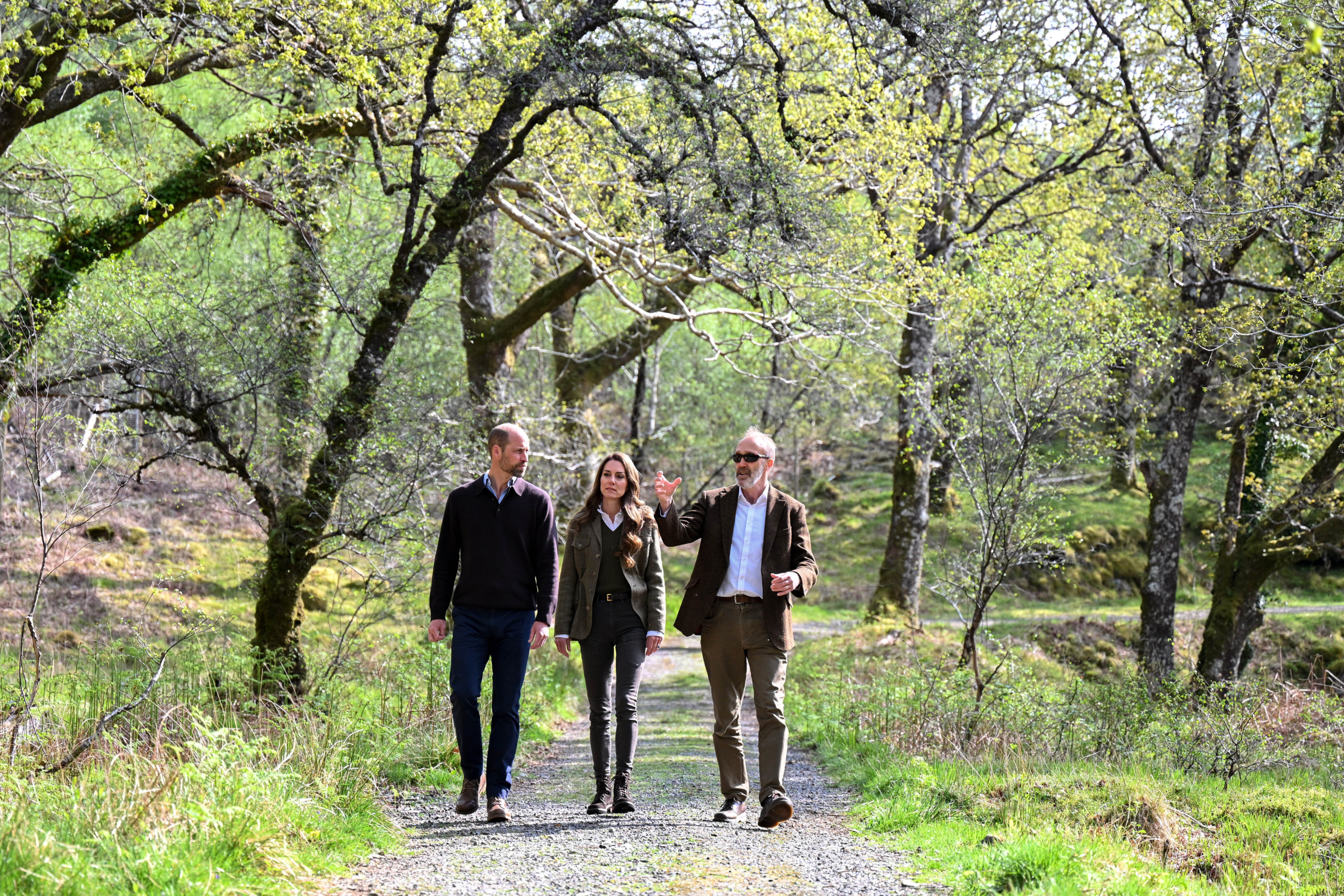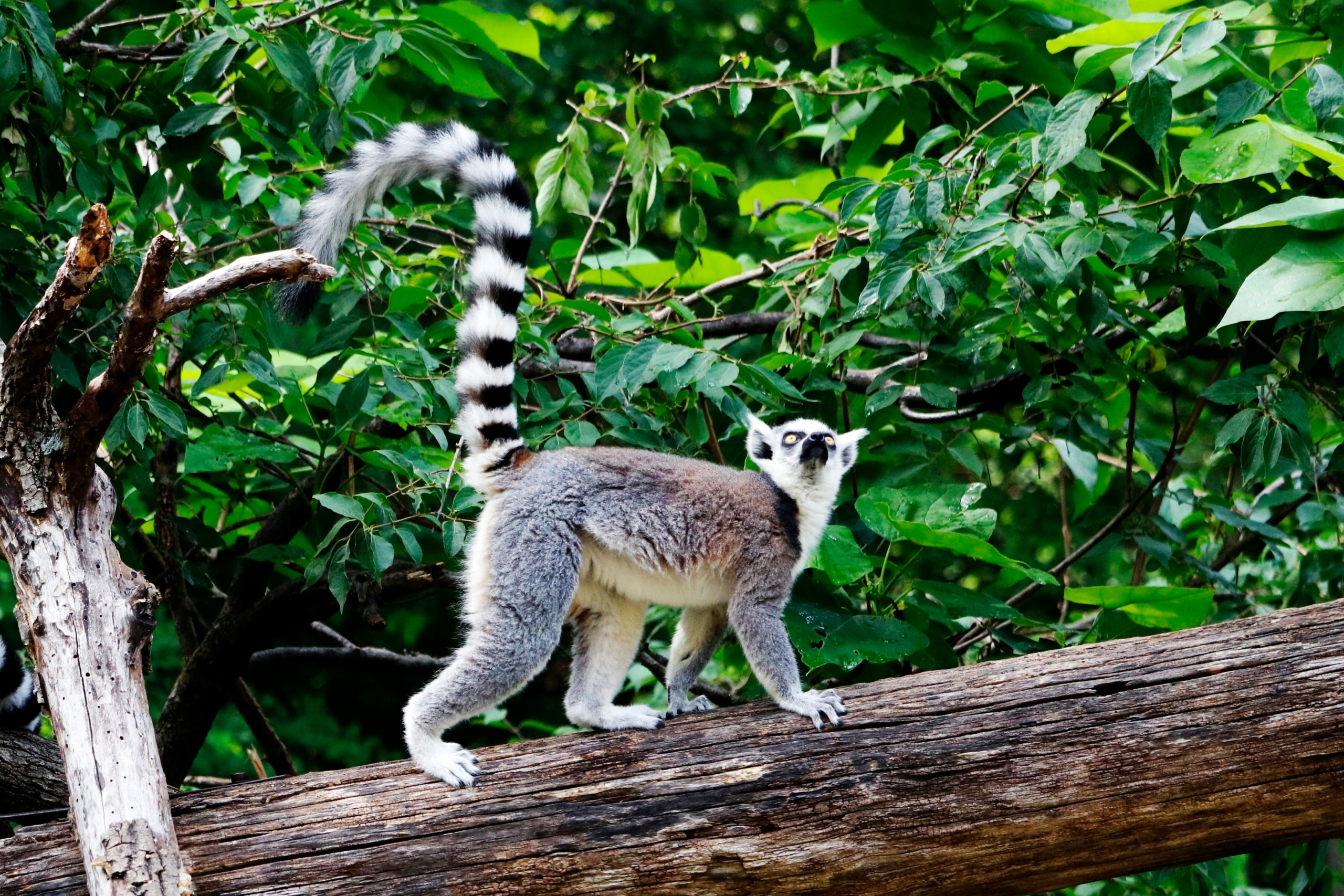
To mark World Donkey Day, Conservation Scientist, member of the United for Wildlife MENA Steering Committee and advisor to The Donkey Sanctuary Jennifer Croes, remarks on the dangers posed to donkeys by the illegal wildlife trade.
Today (8th May) is World Donkey Day. But did you know that global donkey populations are in crisis?
Millions of donkeys are traded and slaughtered for their skins each year to meet the demand for “ejiao”; a traditional Chinese remedy believed to have medicinal properties. Once reserved for China’s elites, ejiao is now marketed to the country’s booming middle class, causing an increase in demand. The global trade in donkey skins has led to suffering for donkeys and donkey-dependent communities on a devastating scale.
Donkeys are working livestock and critical to the livelihoods of millions of people throughout the developing world, especially in Africa and Latin America. From providing access to water, working in agriculture supply chains, transport – a working donkey means an economic livelihood, a way to earn money, pay to go to school and an education, and put food on the table. These animals are crucial towards the realisation of the 2030 Sustainable Development Goals and yet their global populations are plummeting. Donkeys are now acting as the “mule”, pardon the pun, of the illegal wildlife trade and wildlife crime convergence, whilst threatening the economic livelihood of millions of people that depend on them.
Donkey populations in China have dropped by more than 75% in the last two decades, pushing traders to procure skins from developing countries, threatening the livelihoods of millions of people that depend on them. While Africa remains the primary source of both legal and illegal sourcing of donkey skins to China, the trade is expanding across the globe to meet demand.
Domesticated and feral donkeys are not protected globally under CITES, however are closely related to the African wild ass (Equus africanus), a critically endangered, CITES Appendix I listed species. In some African nations, donkeys are nationally protected, resulting in cross-border trafficking to launder skins into the legal trade.
Wildlife crime often occurs in convergence with other offences such money laundering, drugs, arms and human trafficking, with traders use existing routes and anti-detection methods, to evade enforcement. What has been less recognised, studied or understood is the role of the complex legal trade in donkey skins as a vehicle for illegal wildlife trade of CITES listed species and other illicit trafficking facilitating serious, organised transnational crime. We uncovered concrete links between the donkey skin trade and wildlife trafficking, with customs seizures discovering donkey skins concealing bags of pangolin scales, ivory, tiger skins, seahorses and shark fins.
Until now, the global donkey skin trade has largely been unrecognised as a biosecurity risk. In the second report of our three part series – “The global trade in donkey skins: a ticking time bomb” – we focused on zoonotic disease transmission and biosecurity risks associated with the donkey skin trade. Factors such as poor animal health, unhygienic slaughter, lack of traceability and lack of biosecurity measures contribute to this elevated risk.
Wildlife traffickers rely on land, air, and sea transport networks to move illegal commodities across borders, oceans, and often continents. Shipping is the dominant method used for the illicit trafficking of wildlife, including donkey skins, due to cost effectiveness, ability to transport large volumes and heavy weight, low likelihood of detection, and facilitation by corruption along trade chains.
At The Donkey Sanctuary, our aim is to disrupt the trade chains of donkey skins, which will have a direct impact on disrupting other illicit wildlife crime. We work cross-sector, building public and private partnerships with governments, law enforcement, NGOs and civil society, academia and the private sector in both the finance and transport sectors, providing intelligence to undertake further investigations, and collaborate as a key stakeholder in addressing this global problem.
Concerted efforts are needed to win the battle against wildlife crime. This must also prioritise disrupting donkey skin trade chains to uncover their association with other transnational, organised crimes. The Donkey Sanctuary signed the Buckingham Palace Declaration and became a member of United for Wildlife in 2021 to support this mission. We look forward to collaborating with its partners to disrupt and stop the slaughter of donkeys and end the illegal donkey skin trade for good.





